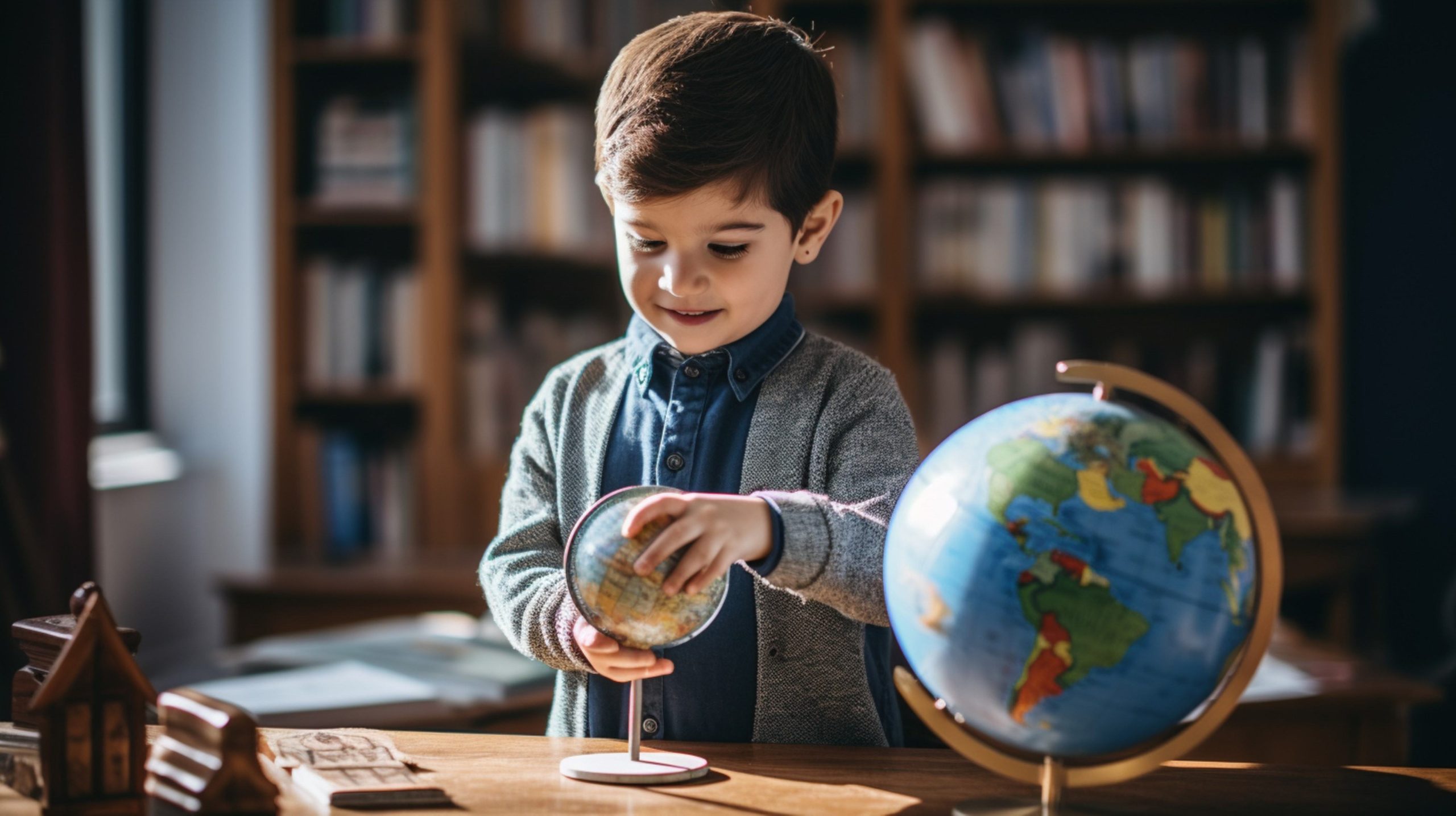
Exploring the World with Preschoolers: Sparking Curiosity and Learning
As parents, our goal is to provide the best opportunities for our preschoolers to grow into curious, confident, and capable individuals ready to tackle the world. One effective way to nurture these qualities is by engaging them in enriching activities that stimulate their exploration and understanding of the world around them. In this article, we’ll delve into some of the most engaging preschool enrichment activities focusing on understanding the world.
Discovering Nature’s Wonders
Exploring nature not only fosters a love for the outdoors in preschoolers but also educates them about the natural world. Activities such as bird watching, plant identification, and bug hunts serve as engaging ways for preschoolers to learn about different species and their habitats.
Nature serves as an excellent teacher, offering preschoolers invaluable lessons as they explore the great outdoors, allowing opportunities to learn about plants, animals, and insects while understanding the concept of biodiversity. Additionally, collecting natural objects like leaves and rocks for art and craft projects further enhances their experience.
Sensory Adventures
Sensory play activities are instrumental in engaging preschoolers and encouraging exploration of their senses. Whether it’s water play or sandbox adventures, these activities help develop their senses of touch, taste, smell, sight, and hearing.
Preschoolers, being keen sensory learners, benefit greatly from sensory play. Activities like sensory bins filled with sand, water beads, or rice stimulate their senses and enhance fine motor skills and cognitive abilities.
Unraveling Scientific Wonders
Science experiments offer an exciting way to introduce preschoolers to the marvels of the world around them. Simple experiments using everyday materials, such as creating a volcano with baking soda and vinegar or crafting a homemade lava lamp with oil and water, help them grasp fundamental scientific concepts and develop problem-solving skills.
Trips to science museums and exhibits further enrich their understanding of scientific phenomena, providing interactive and engaging learning experiences.
Culinary Adventures
Cooking and baking provide enjoyable and educational experiences for preschoolers, allowing them to learn about ingredients, measurements, and kitchen tools. Simple recipes like cookies or pancakes foster fine motor skills and math proficiency, while also instilling a sense of responsibility.
Engaging children in the kitchen offers opportunities to teach them about nutrition and healthy eating habits, while also honing skills like teamwork and creativity.
Cultural Exploration
Cultural exploration opens preschoolers’ minds to diverse traditions and customs, fostering empathy and understanding. Museum visits, cultural events, and exposure to different art forms and music broaden their worldview, encouraging curiosity and respect for various cultures.
Reading books and watching movies from different cultures further enhance their learning, encouraging them to ask questions and explore different ways of life.
Nurturing Creativity
Encouraging creative expression through activities like drawing, painting, and sculpting fosters preschoolers’ imagination and self-expression. Providing various art supplies and allowing them to explore different mediums empowers them to express themselves freely.
Remembering that each child is unique, it’s essential to tailor activities to their interests and strengths, making learning a joyful and meaningful experience. By nurturing their curiosity and sense of wonder, we lay the foundation for a lifelong love of learning in our preschoolers.
As Albert Einstein famously said, “I have no special talent, I am only passionately curious.” Let’s inspire that curiosity in our preschoolers and watch them thrive.


